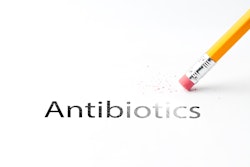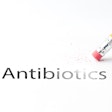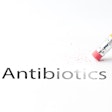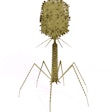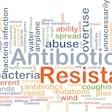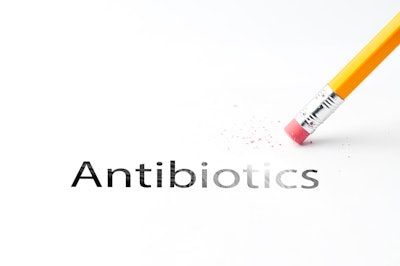
The health ministry in Vietnam is increasing the penalties for violations of existing laws in order to protect public health and to act as a deterrent, reports Nha Chan Nuoi.
While the whole food chain will be subject to these changes, the authorities are focusing particularly on the use of veterinary medications and antibiotics that are already banned in animal production.
Every year, many cases of food poisoning, hospital admissions and deaths are recorded in the country, attributed to the consumption of food unsuitable for consumption. According to the report, toxic chemicals, pesticides and banned antibiotics continue to be used in livestock farming and animal products.
To make the nation’s foods safer, the ministry has announced an amendment to the legislation, significantly increasing the penalties for violations.
Examples of the higher maximum fines are VND80 million (US$3,000) if banned antibiotics or substances are detected. For using chemicals or drugs at levels above the permitted limit, the financial penalty is set to be raised by 50% to VND60 million.
Furthermore, there have been calls for greater controls over the use of drugs on farms and in feed mills, through more inspections and monitoring.
To support these efforts, testing and tracing using QR codes or digital platforms have been proposed to increase the transparency of the food chain, and prevent unsanitary meat from being sold.
Appropriate antibiotic use
A “One World” issue, involving human and veterinary medicine, antimicrobial resistance (AMR) and antibiotic stewardship remain unfamiliar concepts to the public in many countries, including Vietnam.
This is according to a report this year from the Centre for Tropical Medicine and Global Health at the University of Oxford, United Kingdom (U.K.).
It found that one-third of the antibiotics used for human health in Vietnam were “inappropriate.” Furthermore, the drugs were frequently taken at doses above the recommended level, or even when not required. Also highlighted in the report were a high frequency of self-prescription, and many of the sellers were underqualified to prescribe appropriate medicines.
The authors state that AMR is becoming a serious issue in Vietnam and that, as a result, the nation is running out of treatment options.
One way to tackle the issue is to raise awareness of AMR and promote rational antibiotic use through easy-to-understand and visual approaches, the Centre concluded.
FAO poultry project: healthy poultry without antibiotics
Progress in reducing antibiotic use was achieved by Vietnamese farmers participating in field schools, reported the United Nations’ Food and Agriculture Organization (FAO) this year.
Through its Farmer School Community initiative, almost all of the 30 poultry flocks remained healthy, mortality was less than 1%, and feed conversion efficiency was considered excellent.
Overall, antibiotic use was down 34%, and two of the three schools eliminated antibiotic use completely. Instead, the farmers kept their birds healthy through improved biosecurity and organic practices.
The initiative was a collaboration with the Vietnamese Department of Animal Health and Production and FAO Viet Nam, with financial support from the U.K. Fleming Fund.
It involved three farmer schools set up at different locations in one province. At each school were 10 poultry units, each with 1,000-5,000 colored-feather chickens.
Training on poultry production was offered at each school, where knowledge-sharing and discussion of experiences between the farmer participants were encouraged.
The approach was based on “start with what the farmers have,” so they retained control over production decisions, such as breeds or feeds. However, they were not able to initiate changes to the infrastructure, equipment or suppliers.
Among the conclusions, the initiative had several positive outcomes, according to the FAO. Among other benefits, it demonstrated community resilience in tackling the AMR issue.
Across the world, the livestock feed industry is achieving success in fighting antibiotic resistance.


